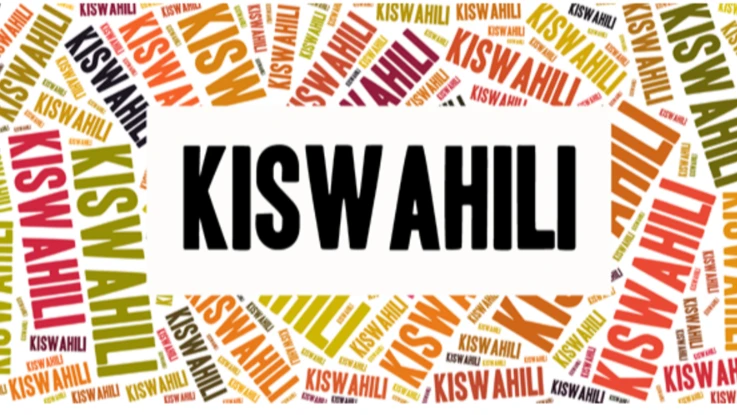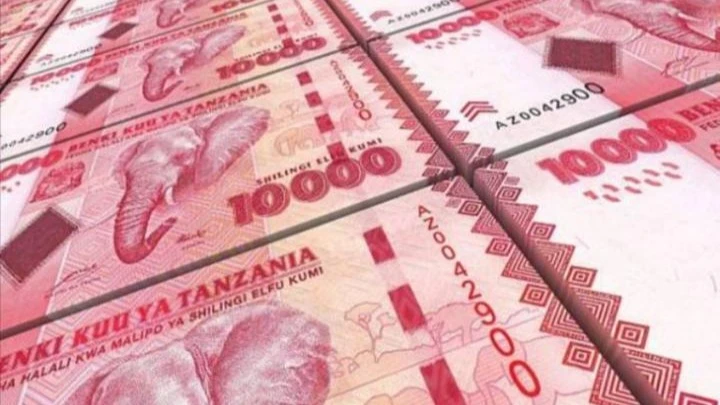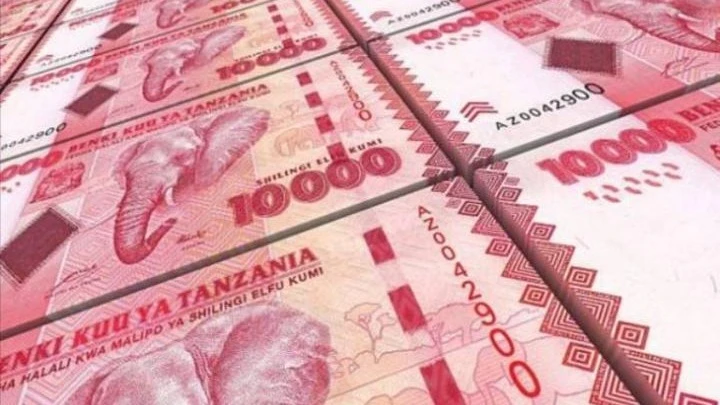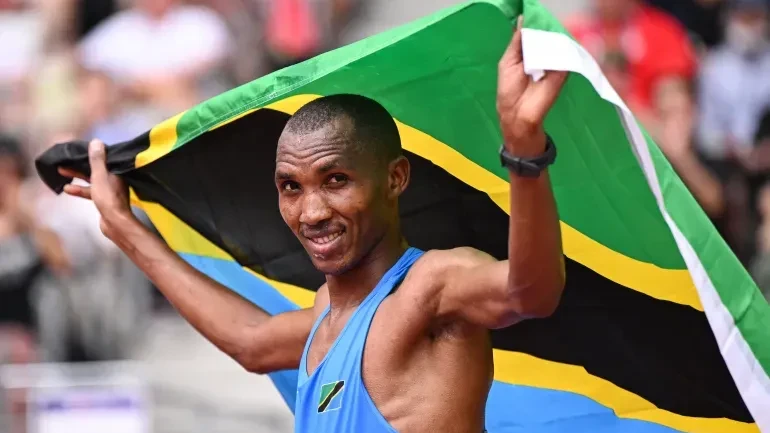Crucial lessons as African states fight to recapture lost health sector support

REPORTS of a public health emergency being declared in Botswana, where hospitals and clinics are running out of medicine and other vital supplies and surgeries are having to be postponed, are doubtless disconcerting.
The key reason is the collapse of multilateral support and especially bilateral support hitherto assured by the US global aid agency, whose closure has left deep scars around the world.
With the debate on the merits of that measure long since closed, it is unclear why steps to close the gap are at times hesitant and evidently feeble or indecisive, as if letting the situation worsen would one day raise a cry for reversing the move.
There was also once talk of seeking out a number of alternative sources of support, which opened up issues of how far they can cover the gap.
However, the discrepancy was that even those carried with them losses from the fallout of questioning not just aid but the very basics of global trade that many countries took for granted.
It is true that some countries are inching up their support, at times with goodwill missions by specialist doctors camping at various places for days on end, but ensuring statutory supplies of large amounts of drugs as was the case earlier is proving difficult to elicit. The jury is still out on how far these efforts could yield an adequate supply of tangible fruit.
The Botswana report noted that the supply chain run by central medical stores had failed and, since we use a similar system here, it was worth looking at closely to see if there are relevant impressions relevant to our own situation.
The Botswana president declared that the situation had led to such a severe disruption in various supplies countrywide that the government has had to approve about US$17.35 million in emergency funding for the procurement of drugs.
There are contrasting signals in relation to how far medical emergencies have to do with aid cuts or other downturns in the global economy as affecting government revenues at particular moments.
Tanzania has indeed seen large flows of earnings from minerals in part in the wake of rising gold prices, but a number of other industrial materials have suffered from investment shifts.
Botswana relies heavily on diamond exports, but there has been some scaling down here as well owing to a downturn in the global diamond market. Additionally, cuts in US funding have exacerbated the matter.
While the government was moving to procure medicines for the likes of hypertension, cancer, diabetes, tuberculosis, eye conditions, asthma, sexual reproductive health and mental health conditions as all were in short supply as are dressings and sutures, officials had to admit a lot more.
The president said that the price at which government procures medical supplies was also inflated, meanwhile as existing distribution systems were causing loss, waste and damage.
Many may not be in a position to remember that former President Dr John Magufuli moved to cut drug procurement costs by half and it is widely believed that the gains from the initiative trickled to the grassroots level.
The drive is said to have appreciably lowered the impact of US funds cut, which many saw as only natural and something the government ought to vary forward. And, indeed, that continues to be the trend.
Top Headlines
© 2025 IPPMEDIA.COM. ALL RIGHTS RESERVED

















